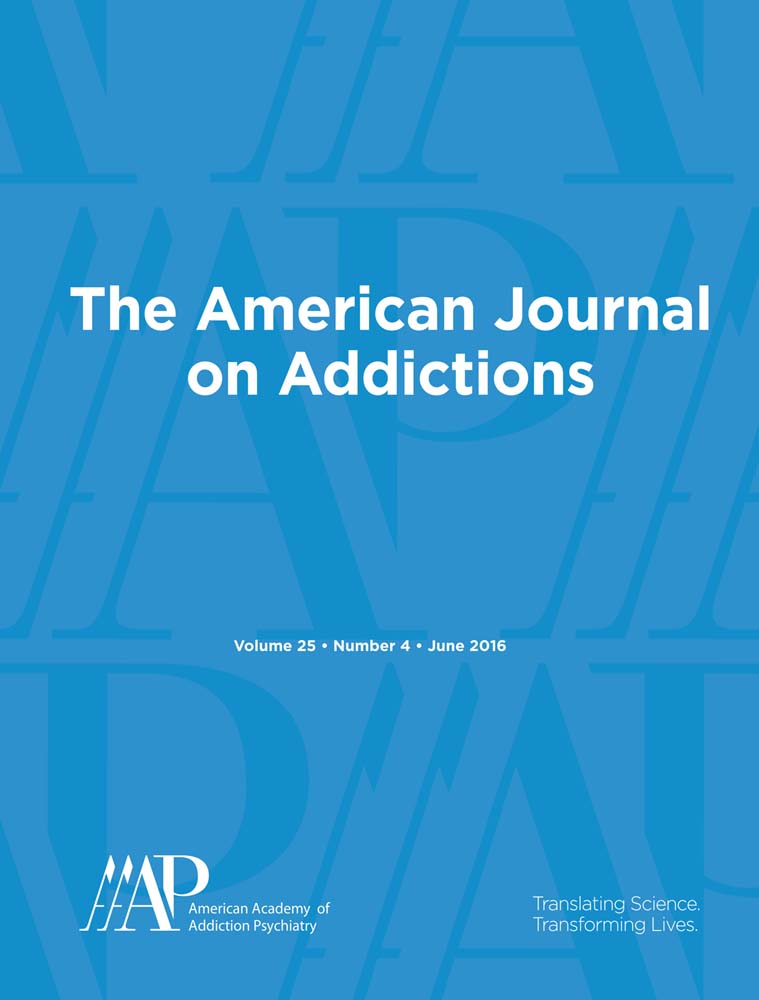Effects of intimate partner violence, PTSD, and alcohol use on cigarette smoking in a nationally representative sample
Abstract
Background and Objectives
Separate literatures indicate that intimate partner violence (IPV), posttraumatic stress disorder (PTSD), and alcohol use are independently associated with increased risk for cigarette smoking. No previous studies have examined the co-occurrence of these problems on smoking quantity and potential gender-specific relationships. This study will address this gap in the literature.
Methods
Data from Wave 2 of the National Epidemiologic Study on Alcohol and Related Conditions (NESARC) were examined. Variables were assessed during the past year. Individuals (N = 25,604) who reported being married, dating, or involved in a romantic relationship were included.
Results
Among men, PTSD and alcohol use were associated with more cigarettes smoked per day. Among women, PTSD, alcohol use, and IPV victimization were associated with more cigarettes smoked per day. Women who experienced IPV victimization smoked approximately three additional cigarettes per day.
Discussion and Conclusions
IPV victimization, PTSD, and alcohol use were associated with cigarettes smoked among women, while IPV experiences were not associated with smoking risk among men.
Scientific Significance
These findings represent an important contribution to the existing literature in that it elucidates the compounding relationship between a common and complex comorbidity and cigarette smoking. Findings indicate a critical need to implement routine smoking screening and intervention in venues where intimate partner violence is commonly encountered, such as advocacy and substance use treatment settings. (Am J Addict 2016;25:283–290)




